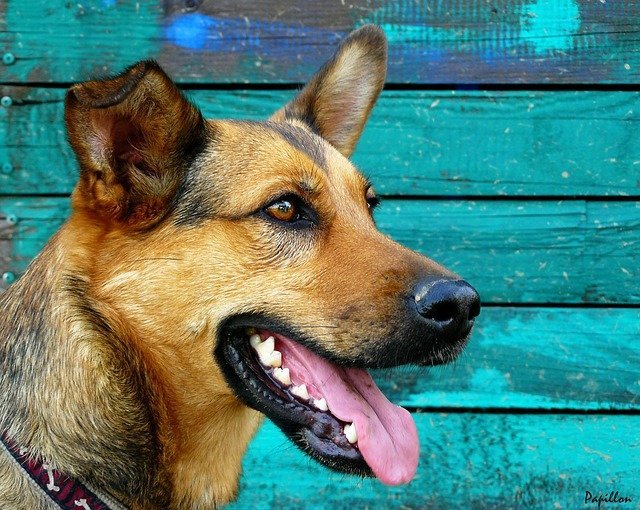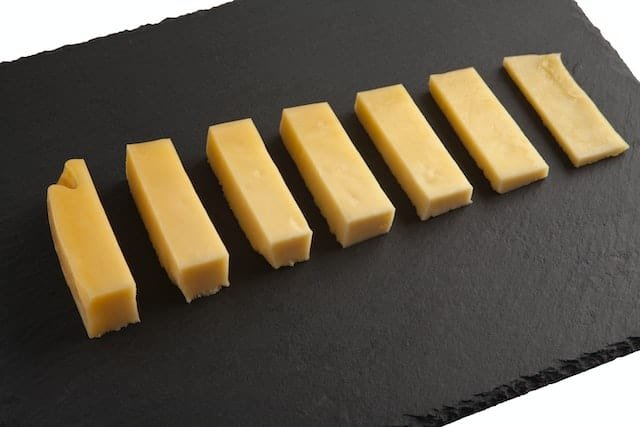Can Dogs Get Dental Implants?

There are some affiliate links below, but they are all products I highly recommend. For more info, view my disclosure here.
It may surprise you to know dogs can get dental implants. When dogs lose their teeth, it makes eating difficult. This results in nutrition deficiency and weight loss. The only time your dog naturally loses its teeth is around 5 to 8 months old. If your dog loses teeth as an adult, there may be an underlying problem.
As Mandeville Dental explains, “Implants are typically more expensive than other methods of tooth replacement, but they provide superior benefits. Implants are stronger than natural teeth and last many years,” making them an option worth considering for young dogs who have lost a tooth or two.

Proper Hygiene
Healthy teeth and gums play a key role in your dog’s health. Proper oral hygiene helps to prevent gum disease. Upon finding out we regularly brush Roxy & Rico’s teeth, our vet was thrilled and said it can add 2 YEARS to their life!
Brushing has become part of our daily routine and the pups love it. We use an enzymatic toothpaste formulated specifically for pets. R&R like the taste of this one! Human toothpaste often contains fluoride or xylitol, both of which can be fatal to dogs.
It’s also a good idea to give your dog chew toys to keep plaque down. Make sure his or her diet consists of some hard food as well. Soft food is ok, but hard food is necessary to keep buildup away.
Poor Hygiene Complications
Poor oral hygiene leads to problems like gum disease, bleeding gums, difficulty eating, teeth loss, infected organs, and more. If your dog has any of these symptoms, a trip to the vet is needed. Once gum disease enters the bloodstream, it’s hazardous for your dog’s overall health. Your vet may need to extract the tooth and start your dog on antibiotics.
Dental Implants
Missing teeth make eating difficult, and unlike some people think, dogs won’t grow missing teeth back. Dental implants allow your dog to still chew hard food, instead of being limited to only soft foods and liquid foods. Canine implants are stronger than natural teeth and last many years making them an option worth considering for young dogs who have lost a tooth or two as well.
Dental Implant Process
During the initial consultation, your vet will do a radiograph to determine the condition of the jawbone. If your vet determines a bone grafting is necessary, he (or she) will perform this procedure. Afterward, there’s a waiting period of a few months while the area heals.
Once it’s healed, the implant process begins. The following points are steps for this process:
- A titanium screw is inserted into the gum tissue. Your dog will be under anesthesia, as this is a surgical procedure.
- After the titanium screw is inserted, there will be a healing period of 3 to 6 months. Your vet monitors your dog during this time to determine how it’s healing and if the mouth is accepting the screw.
- Once this healing process is completed, an abutment is placed on top of the titanium screw. The abutment is used to support the fixed dental implant.
- Lastly, the ceramic tooth is placed over the abutment.
Your dog will be feeling like a young pup again, able to chew on things and enjoy snacks and food. Remember to continue to practice good oral hygiene and have fun with your best friend! If you are looking for more tips to keep your dog healthy, check out our other articles here!






